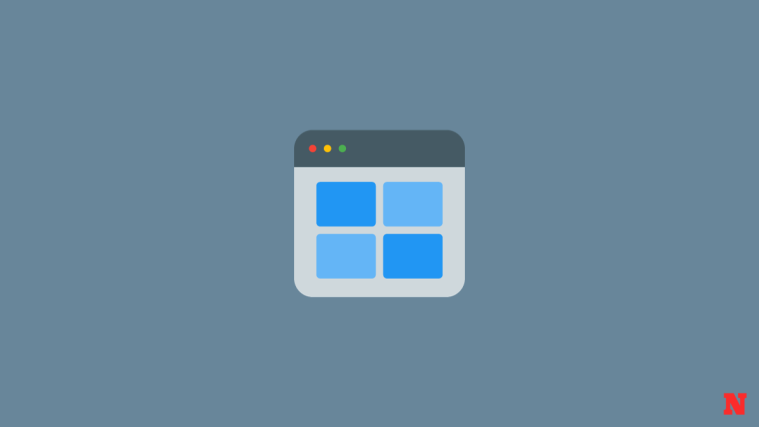There’s a lot of buzz lately with Google showcasing its wearable watches and Samsung getting the name Galaxy Wear trademarked for its upcoming wearable devices for the Galaxy series. Moreover, there’s HTC one Wear, too, apart from the already known names in Moto 360 and LG’s G smartwatch.
But looks like the game is still On, with Microsoft coming into the wearable devices battle and promising devices that has cross-platform support.
Microsoft has already been in this kind of News for quite a long about working on a smartwatch, but there were never any clear reports on this till now. And now, there are clear indications of such a device from Microsoft.
According to Forbes reports, Microsoft is working on smartwatch that works with multiple platforms including the iOS, Android and Windows mobile devices. It’s really surprising about the technology that Microsoft is putting together to develop a Watch like that. The Company is planning a sensor-rich smartwatch that can measures heart rate continuously and syncs with other devices.
Microsoft is putting some of its best Engineers from Kinect division on this project, to make this device measure heart-rate continuously through the day and night.
Optical engineers from Microsoft’s Kinect division along with the design crew and data analysts have created a software platform that will correlate data from the device’s sensors which intends to give a much accurate heart rate analysis.
Satya Nadella, the new CEO of Microsoft, intends to develop products that will work with all platforms. The company came close to this goal by successfully testing MS Office products on Apple’s iPad.
So with this level of work around, we can expect the cross-platform support in the near future, but the hardware history of the company is little spotty with the failure of Zune music player and Company’s struggles with Surface tablets. So we still have to wait for the device to launch to comment on its capabilities.
There are no confirmed reports on when the device is going to hit the market. So we’ll have to wait until the Microsoft makes its next move.
Via Forbes





